illustration by Corrin McCullough
Over the winter break, I made an unforgivably contemptible choice: I decided to start watching all 24 seasons of “America’s Next Top Model.”
It might seem like an odd choice to spend what precious little free time I have as a college student voluntarily watching Tyra Banks psychologically bulldoze group after group of young women and men in the name of “industry realness,” but reality shows have been a staple of my media diet for years. I am a “Project Runway” zealot who can and will spiel off the names of nearly every contestant on the show’s sprawling history at the slightest provocation; my childhood was spent watching Stacy London and Clinton Kelly ripping apart wardrobes and putting together beautiful outfits on “What Not to Wear.” Not only have I watched “Dance Moms” and “Raising Asia” in its horrifying entirety, but I also religiously followed the respective shows to their gruesome ends and own some souvenirs given to me by some equally frenzied friends.
But I reflect on these obsessions with fondness, not shame or regret. Reality television is often framed as trashy, unintellectual, a cheap alternative to developing a scripted series that would require paying actors and writers. Some of these accusations are justified: it cannot be denied that a few reality television shows are downright exploitative and inexcusable in their treatment of their subjects and audience — but by and large, reality shows are unfairly maligned. The genre is viewed as disposable entertainment, unworthy of analysis or dignified discussion.
What so many fail to realize is that reality television has a heart under all that gloss and glitz. These programs are about people, the types of people who would never be granted a platform under typical circumstances. Nowadays, we live in a world where a competition show about drag queens, “Ru-Paul’s Drag Race,” is one of the most popular, frequently referenced series on television. Reality shows opened the door for putting marginalized people on the small screen, with programs like Project Runway having openly gay contestants and America’s Next Top Model casting multiple girls of color and other races.
Even if these contestants and characters were not aware of how inspiring their presence on television was for their respective communities, their freedom to tell their stories and share their passions and aspirations fostered a genuine sense of representation matched by any fictional, scripted series. Before the Fab Five of “Queer Eye” — who are doing excellent work dismantling harmful stereotypes and breaking new cultural ground with a simple makeover show — there was Mondo Guerra of Project Runway. Guerra was a gay Mexican-American designer who decided to reveal his HIV status on the runway during one of the episodes, which has since become the show’s most meaningful and impressive moment and catapulted him to fame despite being the season’s runner-up. This is the magic of reality television because no writers really strive to manufacture a sentimental moment or audiences ever complain about forced diversity and dramatic moments in display. It is simply a realistic, earnest snapshot of an individual’s life that brought comfort and hope to so many, and changed many other minds about a highly stigmatized disease.
When my love of reality television is questioned, these are the talking points I like to throw out, but when all is said and done, my central argument is merely that I enjoy these shows as much as people mock them. They are not a guilty pleasure for me: they are just a pleasure. I love the diverse personalities that I see on television, I love what they do, what they make, what they say and how they choose to present themselves proudly. Reality shows are not just about drama, challenges, eliminations and petty arguments; they are also exhibitions of human kindness and perseverance. When I think about the nightmare that is Dance Moms, what springs to mind is not the staged fighting and yelling scenes. I remember the dancing. I remember watching a group of young, talented girls mature and flourish. I remember tuning in each week to see their gorgeous performances while gasping in awe and admiration. It is the same reason why I have watched 23 seasons of Project Runway and started binge-watching numerous other programs about everything from modeling to cooking to beauty pageants. I want to see people create, perform and bloom.
Reality television is a nexus of art and anti-art, entertainment at its most heartlessly jaded state while still retaining an enduring core of unpolished humanity. As much as I adore the lofty height to which art can soar, my personal standards when it comes to watching television are hardly that high. At the end of a stressful day, I do not find myself seeking relief in the celebrated dramas or practically bleak popular culture that I otherwise laud.
My escape from reality is reality itself — or rather the shiny, structured yet sinful world of reality television.



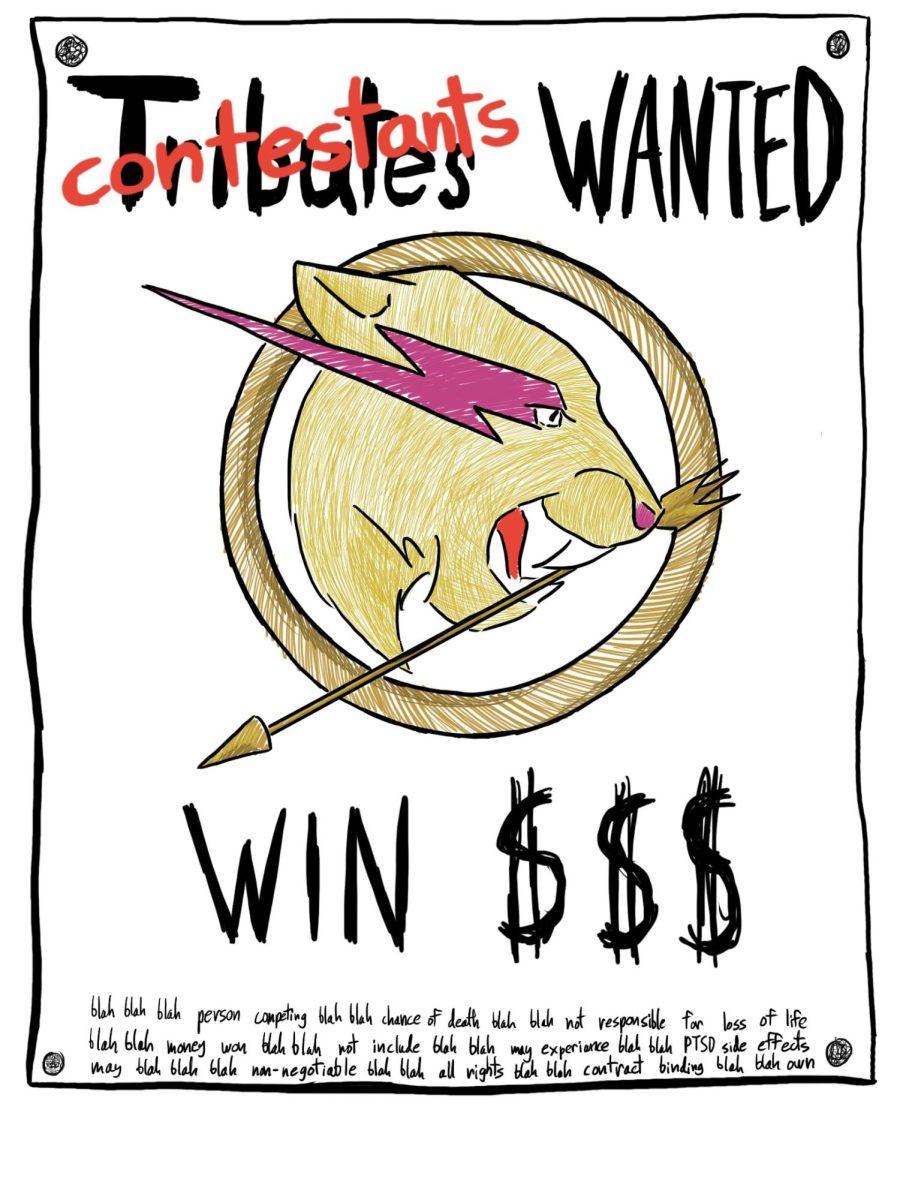
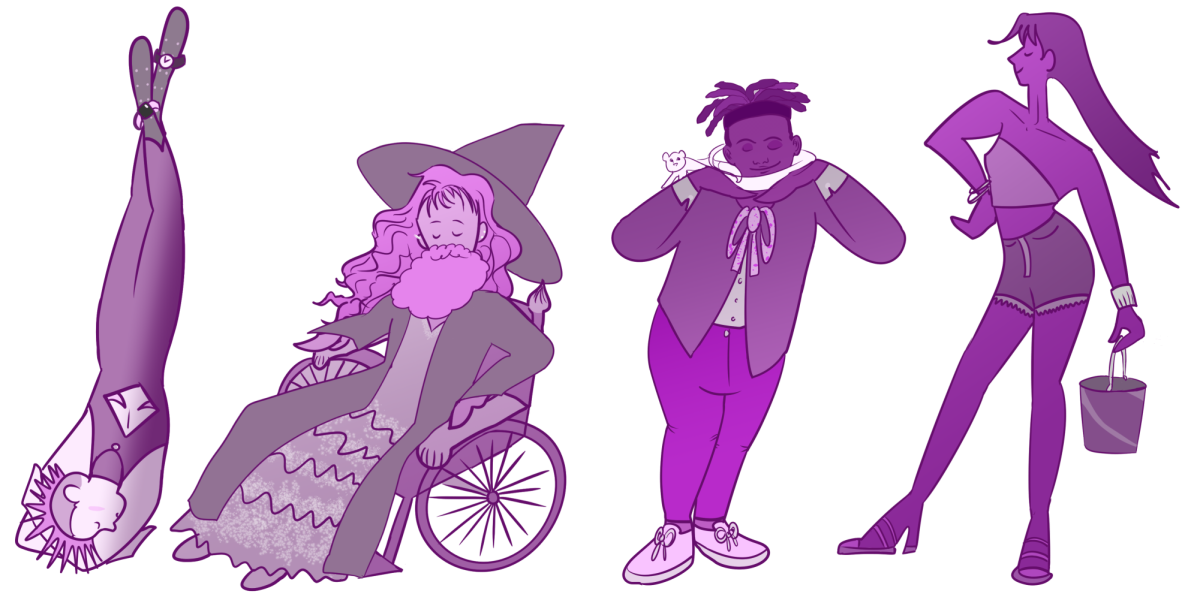
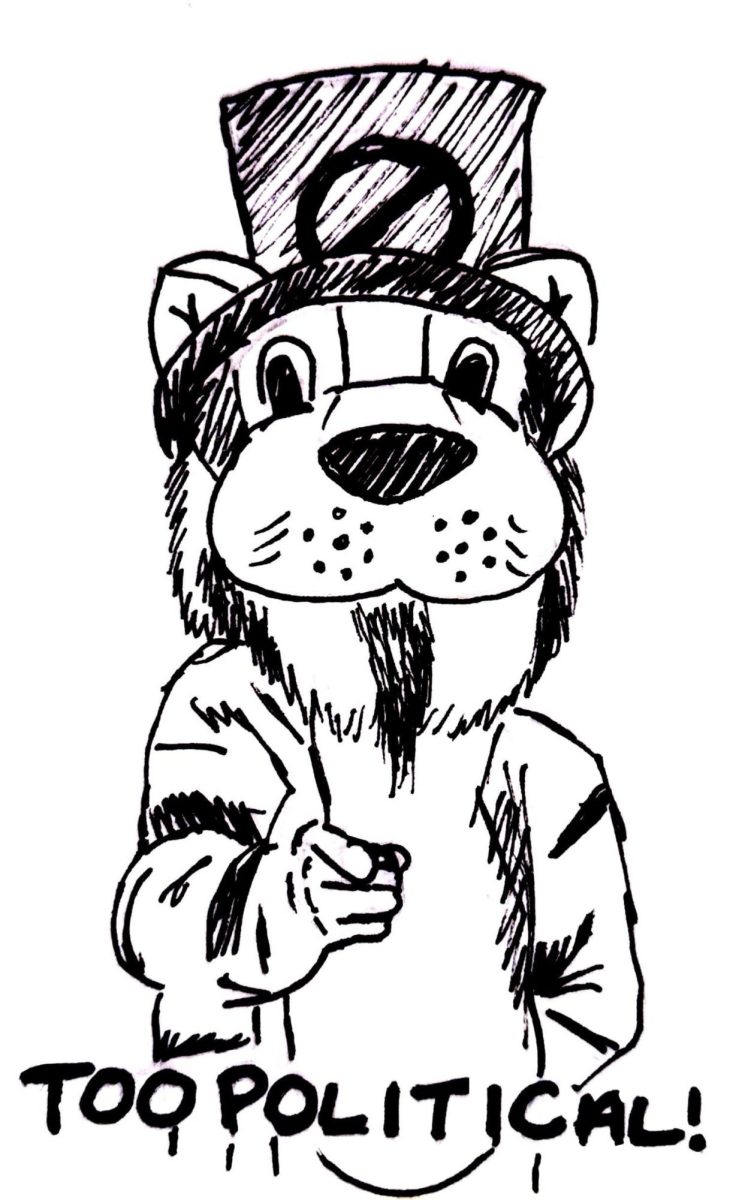
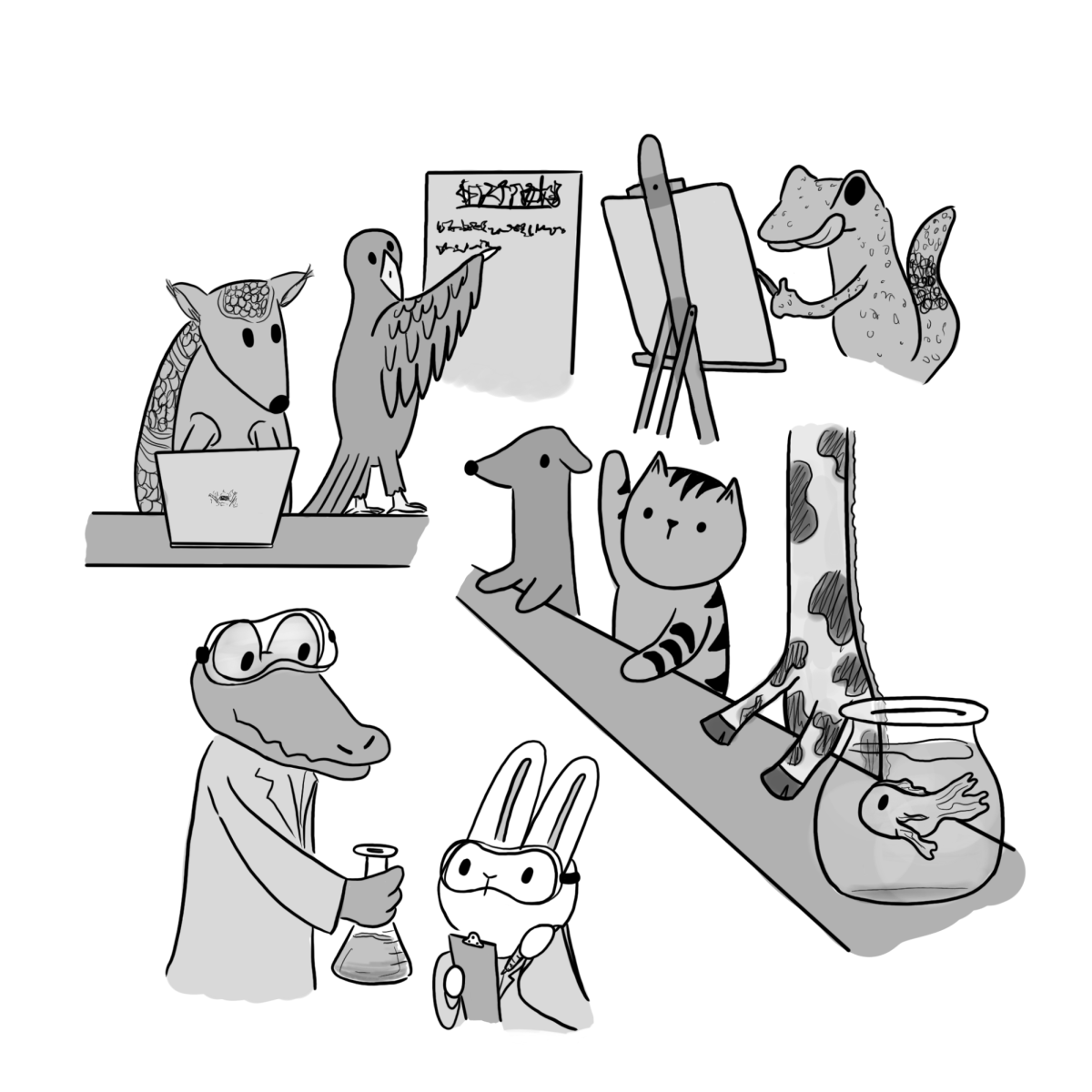
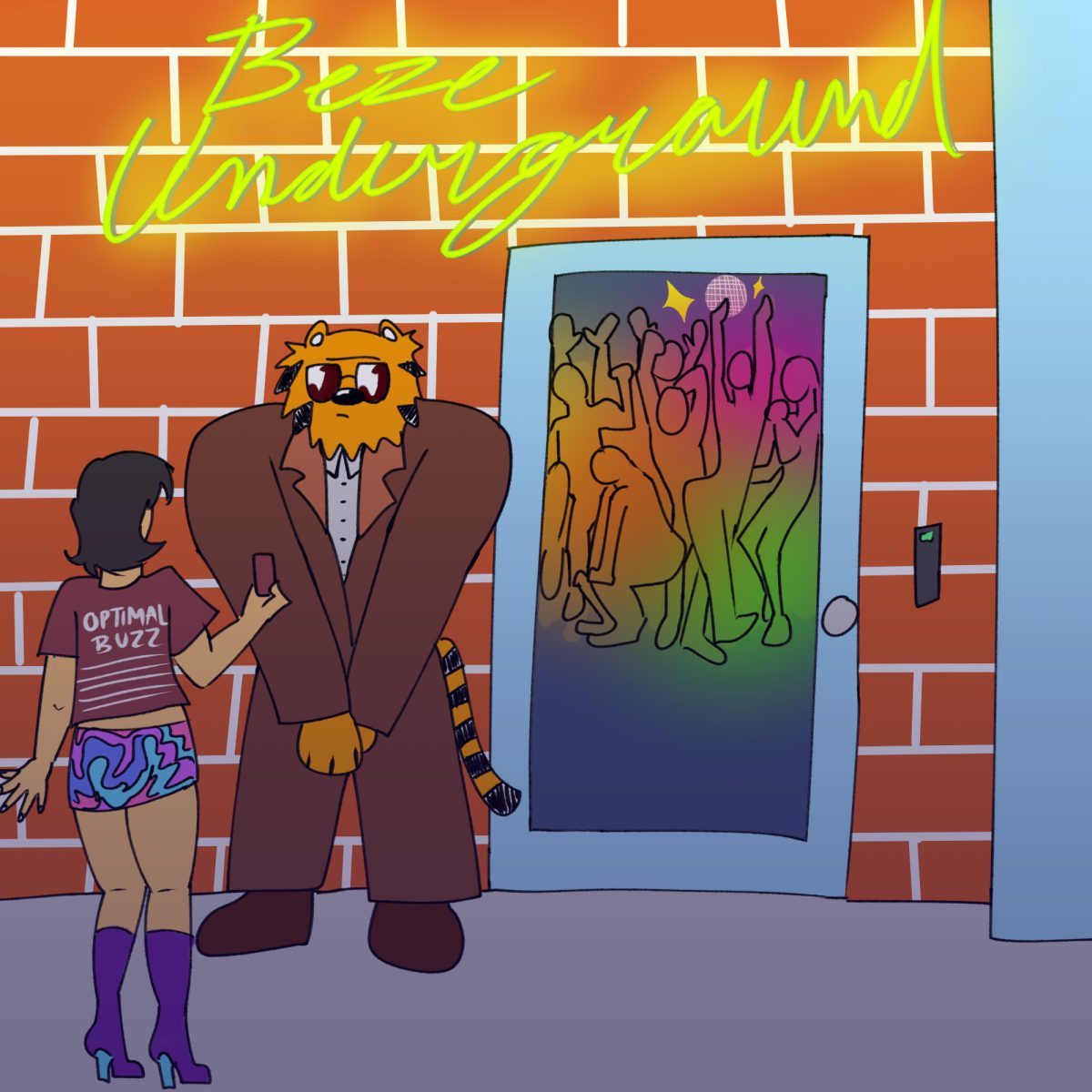
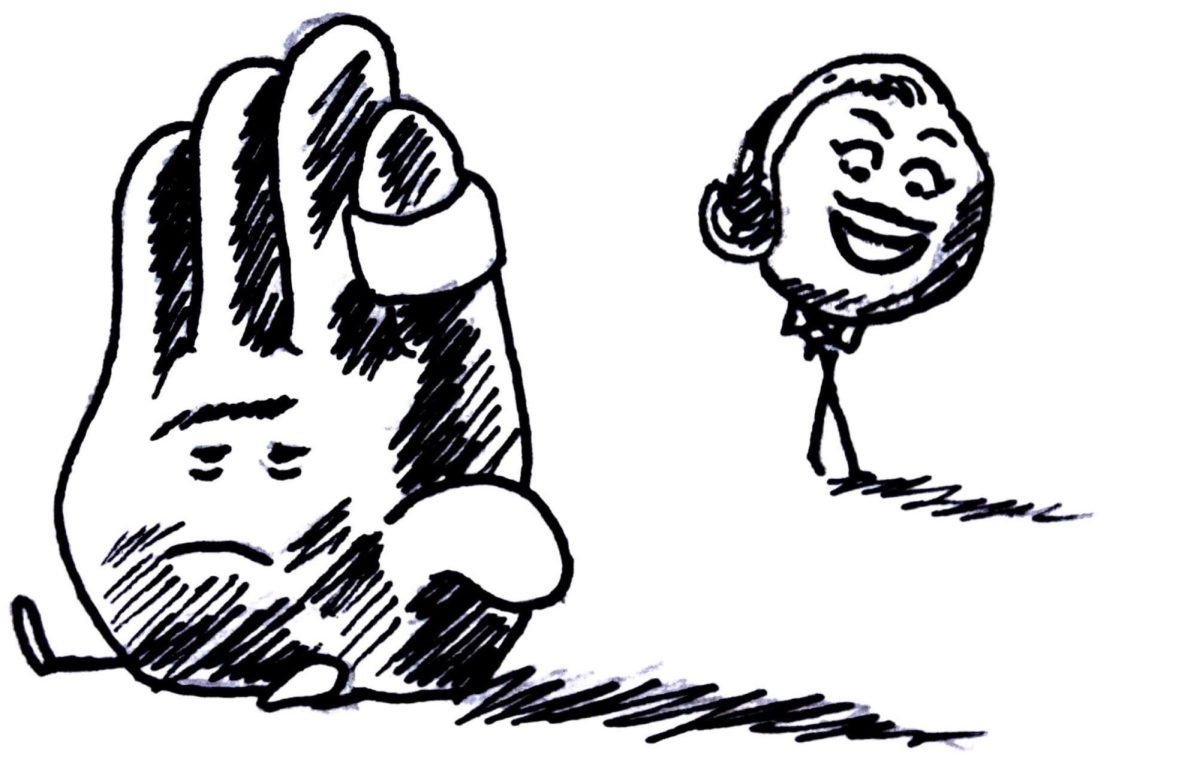

Fred D. Blais • Apr 26, 2019 at 6:11 am
A very insightful article! Looking forward to seeing more articles like this.